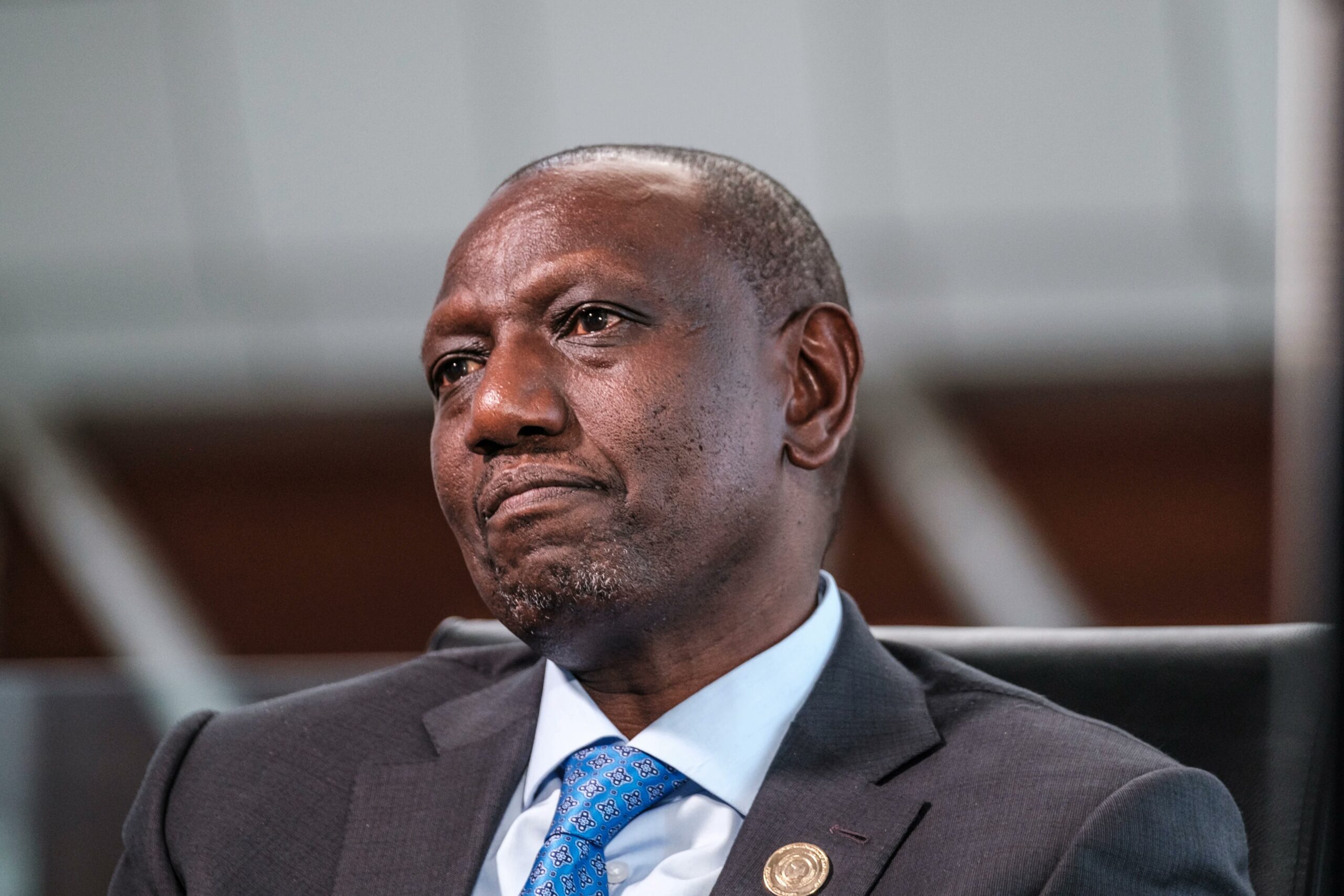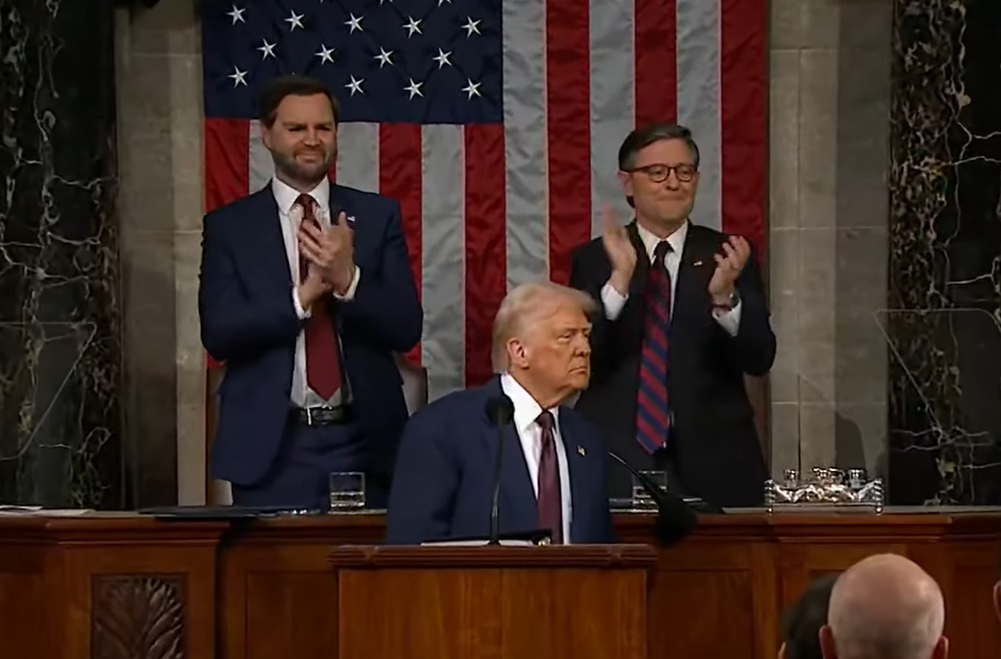Introduction
In a move that has sparked heated debate across Kenya, President William Ruto’s government has come under scrutiny for allegedly building a church at the official residence of the President, State House. While the decision may seem innocuous to some, it has raised a storm of constitutional and ethical concerns. Critics argue that this move is a direct violation of Kenya’s Constitutional Article 8, which enshrines the principle of religious neutrality in state matters.
The construction of a church at State House is not just a matter of political significance—it is a potential constitutional crisis that calls into question the separation of church and state in Kenya. This blog post explores the controversy, its constitutional implications, and the reactions from the Kenyan public.
The Constitutional Controversy: Article 8 of the Kenyan Constitution
The 2010 Kenyan Constitution is one of the most progressive in Africa, notably incorporating provisions that promote secular governance. Article 8 of the Constitution states:
- There shall be no state religion.
- The state shall not engage in any religious activities or favor any religion.
This article is fundamental to ensuring that religion does not influence government policies or the allocation of state resources. It reinforces the idea that Kenya, as a nation, will not favor any particular religion, whether it be Christianity, Islam, or any other faith. The primary concern here is that any government-backed involvement in religious activities, such as the construction of a church, is a clear contradiction to this principle.
By allegedly sanctioning the building of a church at State House, President Ruto’s administration is walking a fine line between personal faith and the office of the presidency, potentially infringing on the constitutional separation between religion and the state.
A Question of State Resources
Another key issue in this debate is the use of state resources. State House is a government property, and the use of public funds or land for religious purposes could be viewed as state endorsement of one particular faith. Critics argue that it is unconstitutional for the government to allocate resources to build a religious structure, particularly when such an act could be perceived as promoting Christianity over other religions in Kenya, which is home to significant Muslim and other faith communities.
Furthermore, the symbolism of building a church within the precincts of State House could be seen as a political move that strengthens ties with the Christian community, which forms a significant portion of Ruto’s support base. This raises concerns over favoritism and the potential marginalization of other religious communities in Kenya.
Public Reactions: Divisions and Discontent
The move has not gone unnoticed. Public reactions have been swift and polarized. While some have praised the government’s decision as a personal choice of faith, others view it as a breach of constitutional integrity. Religious and political leaders have weighed in, with some expressing concerns that such actions could foster division rather than unity in a country that prides itself on being home to diverse faiths.
For instance, Kenya’s Muslim community has raised alarms over the use of government facilities for religious purposes, fearing that it could lead to a situation where the government promotes Christianity above all other religions. This echoes concerns raised by constitutional lawyers, who argue that such actions could set a dangerous precedent for the role of religion in state affairs.
The Political Dimensions: A Tightrope Walk
Politically, the church controversy could carry heavy implications for Ruto’s administration. Kenya is a religiously diverse nation, and any action perceived as favoring one religion over others can have serious electoral consequences. While the Christian community in Kenya is large, alienating the Muslim community or other religious minorities could erode the government’s support base in the long run.
Additionally, Ruto’s government may face legal challenges from activists or opposition leaders who could argue that the construction of the church at State House is unconstitutional. It is possible that this issue could end up in the courts, where the judiciary will have to make a decision on whether such an act violates Kenya’s secular constitution.
Looking Ahead: Legal and Ethical Implications
If the construction project continues, it may spark further debate on the role of religion in politics and governance. Legal experts suggest that the government could be walking into a constitutional minefield. While the freedom of worship is a fundamental right enshrined in the Constitution, the government must tread carefully to avoid entangling itself in religious affairs, especially when it comes to the allocation of public resources.
The real question is whether this will be a defining moment for Kenya’s constitutional integrity or simply another political controversy to weather. If the judiciary takes up the matter, it could have long-term implications for how religious activities are treated in relation to the government.
Conclusion
The controversy surrounding the construction of a church at State House is more than just a matter of religious preference—it is a pivotal constitutional issue that challenges the secular nature of Kenya’s state governance. As the debate unfolds, one thing is clear: this is a defining moment for Kenya’s political and constitutional landscape. The Kenyan people, legal experts, and the international community will be watching closely to see how this situation is handled, and whether the government remains committed to upholding the principles of its Constitution.
Will the church at State House stand as a symbol of personal faith, or will it become a symbol of a constitutional violation? Time will tell, but for now, the controversy continues to stir up passionate debates and raise critical questions about the separation of church and state in Kenya.





